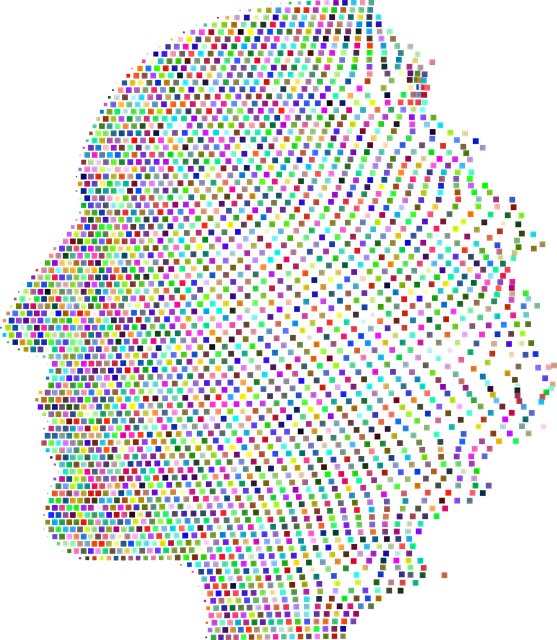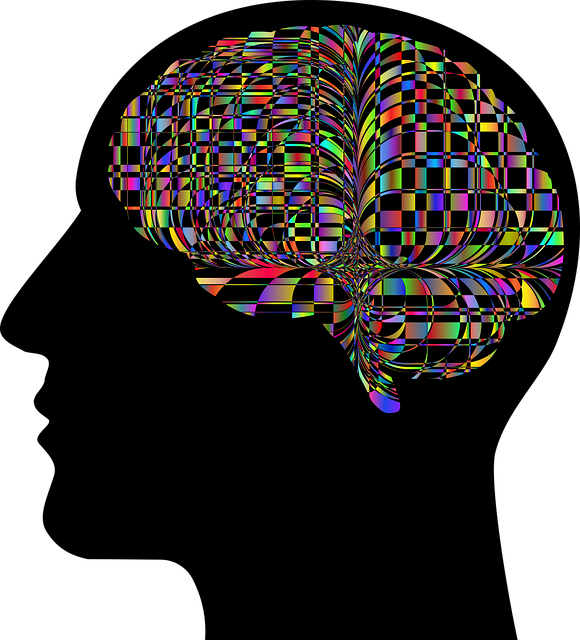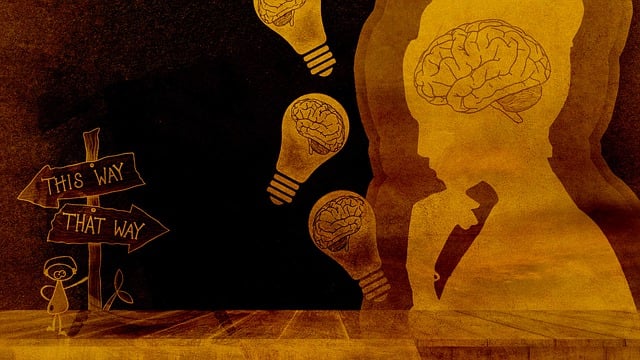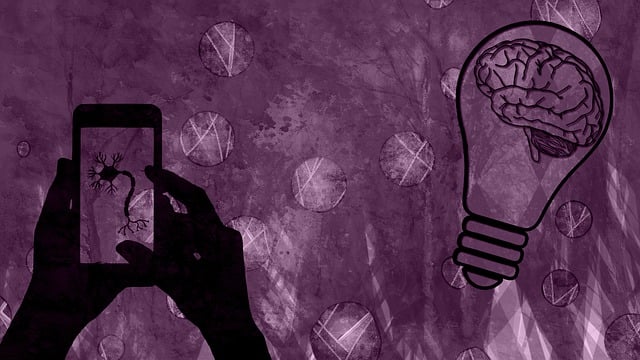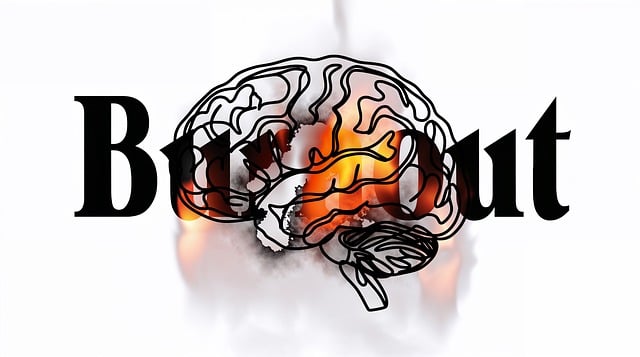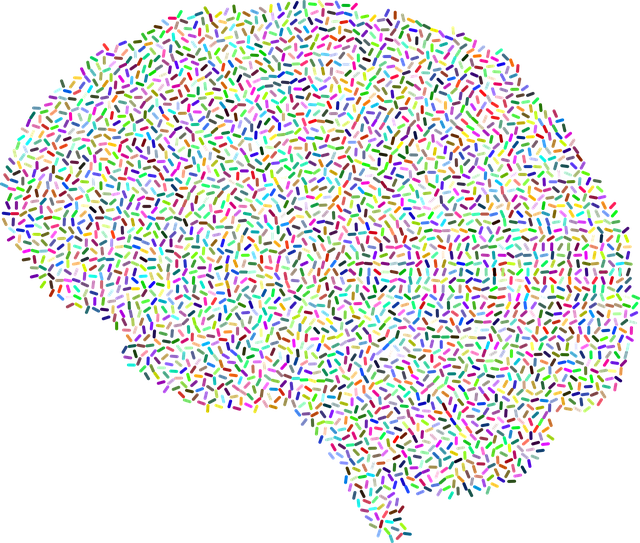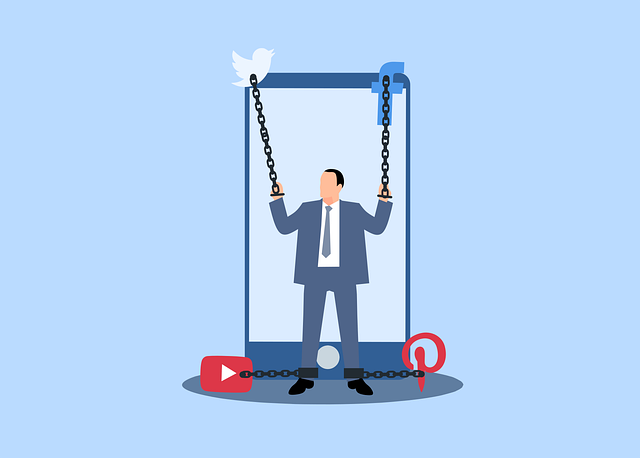The Resourceful Facilitation Method (RFM) is a holistic approach to Therapy for Adults ADD-ADHD, focusing on building resilience, emotional healing, and mental health awareness. Tailored exercises like mindfulness, physical activity, and journaling reduce anxiety, improve focus, and foster self-care among individuals with Attention Deficit Disorder (ADD) or ADHD. Implementing structured routines, mental wellness journaling, and specialized therapy like cognitive-behavioral therapy enhances mental wellness and enables adults with ADD-ADHD to navigate daily life effectively. Regular progress tracking and celebrating successes are crucial components of this process, fostering resilience and boosting self-esteem.
For adults struggling with Attention Deficit Disorder (ADD) or Attention Deficit Hyperactivity Disorder (ADHD), managing daily tasks can feel overwhelming. This is where RFM (Regulation, Focus, and Motivation) therapy steps in as a powerful tool to build resilience and improve focus. This article explores how the RFM model can be tailored for adults with ADD-ADHD, offering practical exercises for better regulation and enhanced productivity. Discover strategies to integrate these techniques into daily life, track progress, and celebrate successes on your path to managing ADHD symptoms effectively.
- Understanding RFM and Its Impact on Adult ADD-ADHD
- Identifying Resilience Building Exercises
- Implementing RFM in Daily Life for Adults with ADD-ADHD
- Tracking Progress and Celebrating Successes
Understanding RFM and Its Impact on Adult ADD-ADHD

Understanding RFM (Resourceful Facilitation Method) is crucial when addressing Adult ADD-ADHD (Attention Deficit Hyperactivity Disorder). This approach goes beyond traditional therapy for adults ADD-ADHD by focusing on building resilience and coping mechanisms. RFM integrates various exercises designed to enhance emotional healing processes, reduce anxiety relief, and promote mental health awareness among individuals with ADHD.
By employing these strategies, adults with ADD-ADHD can develop a more profound sense of self-regulation and adaptability. The method encourages participants to navigate their challenges by fostering effective communication, problem-solving skills, and a growth mindset. This holistic approach ensures that those struggling with ADHD not only manage symptoms but also thrive in various aspects of life, including personal, social, and professional domains.
Identifying Resilience Building Exercises

Identifying resilience-building exercises is a crucial step in fostering mental wellness among individuals with Attention Deficit Disorder (ADD) or Attention Deficit Hyperactivity Disorder (ADHD). These exercises play a pivotal role in therapy for adults with ADD/ADHD, offering tools to navigate challenges and enhance overall well-being. One effective approach is incorporating mindfulness practices, such as meditation and deep breathing techniques, which have been proven to reduce symptoms of anxiety and improve focus.
Additionally, engaging in regular physical activity and adopting healthy coping mechanisms like journaling or creative expression can significantly contribute to burnout prevention strategies for healthcare providers who often face high-stress environments. Mental wellness is not just about managing symptoms but also cultivating a sense of resilience that allows individuals to navigate life’s ups and downs with greater ease. This, in turn, supports mental illness stigma reduction efforts by promoting understanding and self-care.
Implementing RFM in Daily Life for Adults with ADD-ADHD

Implementing RFM (Routine, Functioning, and Motivation) in daily life can be a powerful tool for adults with Attention-Deficit/Hyperactivity Disorder (ADD-ADHD), offering a structured approach to enhance focus, manage impulsivity, and boost motivation. This method encourages individuals to establish consistent routines, which can significantly improve their ability to concentrate on tasks and reduce feelings of being overwhelmed. For instance, creating a daily schedule with dedicated blocks for work, leisure, and self-care activities can help adults with ADD-ADHD gain better control over their time and priorities.
Incorporating mental wellness journaling exercises into this routine can further benefit individuals with ADD-ADHD. Journaling provides a safe space to express thoughts, track progress, and reflect on achievements, fostering emotional regulation skills. Additionally, seeking therapy tailored for adults with ADD-ADHD, such as cognitive-behavioral therapy, combined with guidance from a healthcare provider culturally competent in addressing neurodiversity, can optimize the effectiveness of RFM implementation. These strategies collectively contribute to improved mental wellness, enabling individuals to navigate their daily lives with greater ease and purpose.
Tracking Progress and Celebrating Successes

Tracking progress and celebrating successes are vital components of implementing RFM (Resilience, Flexibility, and Mindfulness) exercises for adults with ADD-ADHD. Regularly monitoring individual growth allows for a better understanding of what’s working and where adjustments might be needed in their therapy plans. This continuous assessment helps therapists tailor interventions to each client’s unique needs, fostering a more effective treatment journey.
By acknowledging and rewarding progress, participants can boost their self-esteem and motivation, which are essential for managing symptoms and preventing burnout. Celebrating successes, whether big or small, reinforces positive behaviors and encourages individuals to persist in their efforts towards resilience building. This approach aligns perfectly with crisis intervention guidance, providing a supportive environment where setbacks are viewed as learning opportunities rather than failures.
The implementation of Resilient Factor Model (RFM) and tailored resilience-building exercises offers a promising approach for managing Adult ADD-ADHD symptoms. By integrating these strategies into daily routines, individuals can enhance their ability to cope with challenges, improve focus, and increase overall well-being. This article has provided insights into understanding RFM, identifying relevant exercises, and tracking progress. Embracing therapy for Adults ADD-ADHD through RFM can lead to significant improvements in managing symptoms and fostering resilience.

